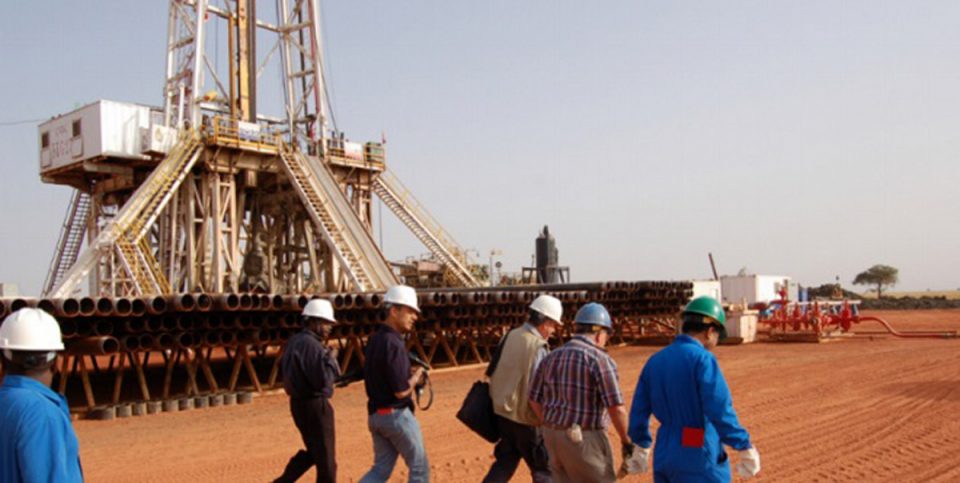Africa’s oil and gas resources can help accelerate growth on the continent if used strategically, Shantel Mufandaidza, Associate Attorney, Centurion Law Group, has said.
She said with the African Continental Free Trade Area(AfCFTA)in effect, intra-Africa trading will become much easier and benefit African countries more than it has in the past, adding that trade barriers such as high import tariffs have left many African countries vulnerable to the international market, which resells our resources at higher prices.
‘’The AfCFTA will potentially curb this, as oil & gas producing countries will benefit from global markets and the domestic market. Focusing more on growing intra-continental oil and gas trade will give countries autonomy to govern their international trade agreements, which have often left African countries on the losing end,’’ she said in an opinion article obtained by DAILY INDEPENDENT
She explained that analysis indicates that the AfCFTA will make room for the generation of Gross Domestic Products that can positively impact African economies’, create employment, and impact infrastructural development.
‘’ For example, Angola is the largest exporter of gas on the continent and stands to benefit much from the domestic supply of gas to neighboring countries; however, the rampant corruption in Angola has hurt the necessary infrastructure necessary for the country to supply its neighbors with gas.
“The only way the AfCFTA would positively impact the oil and gas industry is by promoting significant investments in roads, ports, and other physical infrastructure. African governments must be serious about financing the regional infrastructure and investment needed to make AfCFTA a game-changer,’’ she added .
Africa, she maintained, suffers from an energy deficit which is unfortunate for a continent that is so rich in resources, stressing that the continent’s problem lies in the inability to utilise these resources for domestic benefit, and the hope is that the AfCFTA helps achieve this goal.
She said, in order to attain such regional socio-economic development, governments need to have a strong commitment to tackle corruption and make firm commitments to developing their own countries to ensure the booming trade and supply of oil and gas.
She added that if the continent pivots from an extractive exportation structure with oil and gas, it can secure more sustainable and inclusive trade that is not dependent on the fluctuation of commodity prices on the international market.
She disclosed that the continent has countries rich in oil and gas and the capacity to have a firm footing on the sector with the assistance of the AfCFTA and more favorable trading terms intra-regionally.
According to her, Nigeria has already set its intentions on becoming the largest oil refining hub on the continent, while Angola hopes to export gas to its neighboring countries, adding that AfCFTA will facilitate trade and the evolution of existing commerce lines within Africa and not necessarily radically revolutionise the space.
She said: ’’However, in sectors like oil and gas, where corruption is rampant, this evolution will be crucially determined by transformations of existing governance structures and infrastructure. For as long as corruption is a continuing practice, the gains from domestically trading our natural resources might not be as significant as they could be.
‘’Furthermore, the AfCFTA will trigger substantial investment in the oil and gas industry from countries overseas such as the United States and other European countries, mainly because the AfCFTA changes investors’ value proposition by providing a larger market with lower risk. Firstly, the AfCFTA expands the market by providing a single market with reduced cross-border barriers; investors can thus undertake larger revenue projects on a regional scale rather than a national scale. Before AfCFTA, approximately 25% of all intra-African exports in 2017 were for oil, gas, and electrical energy.
‘’With the effectiveness of the AfCFTA, the economies of scale are available for regional power solutions, Africa can reasonably expect the power export market to expand markedly.
“The anticipated prospect of regional power solutions is already attracting increased investment in African power projects, which would have been unfeasible before AfCFTA. For instance, Botswana and Namibia are developing a substantial 5000MW solar project to provide and trade power with 12 neighbouring countries, supported in part by Power Africa and other World Economic Forum members. This heavyweight project will create investment opportunities for every aspect of goods and services along the program’s value chain’’




